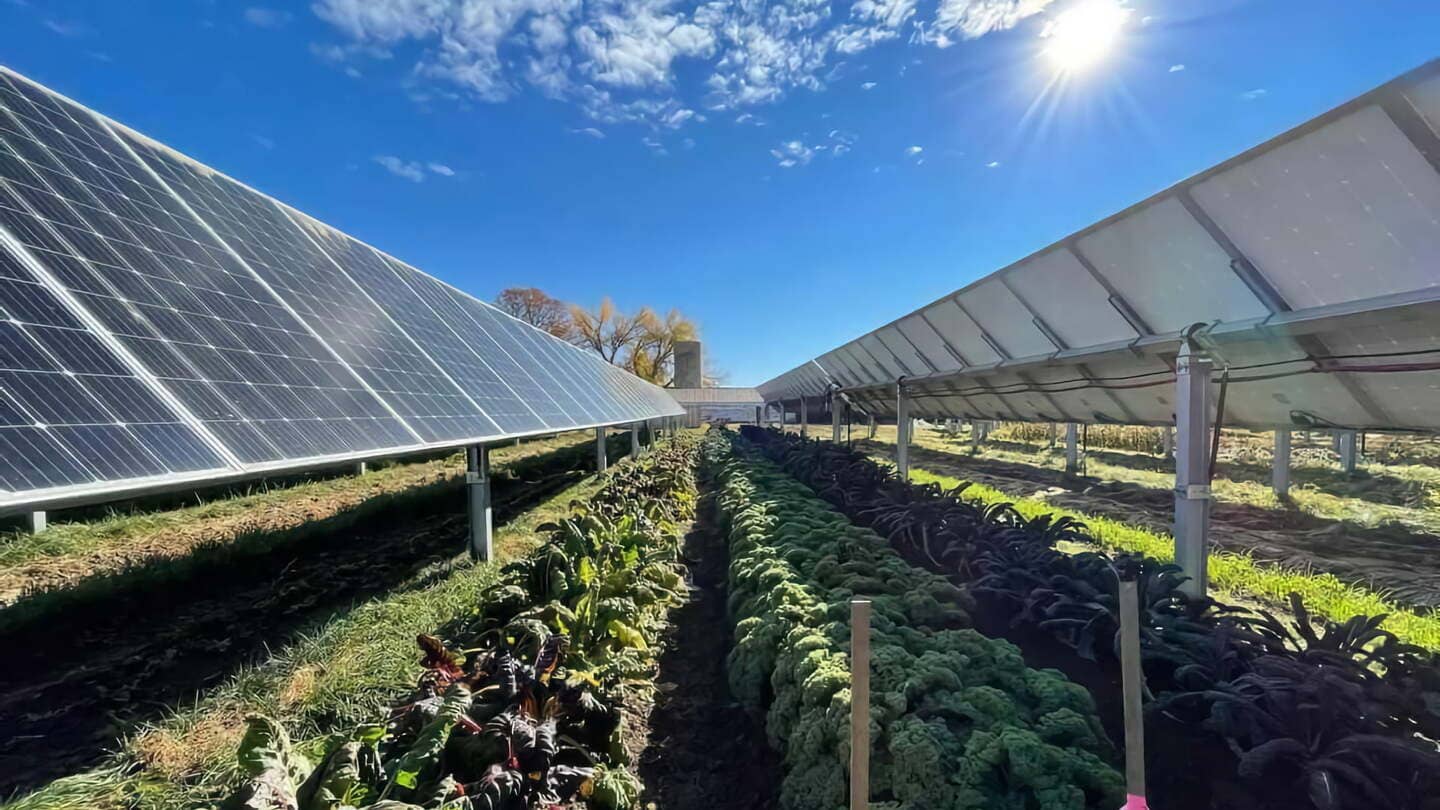
Solar panels for farms
What are the benefits of installing solar panels for a farm?
- Lower Operating Costs
- Supplemented Farm Revenue
- Tax Breaks and Incentives
- Environmental Stewardship Goals
- REAP Grant Application Potential
Take control and start saving money immediately
Take control of solar energy and future-proof your business against high electricity costs.
Save Money
Recover over 60% of the installation cost in the first year of service by applying the accelerated MACRS depreciation, tax credits, and available grants.
Be the Difference
Reach your highest environmental and financial stewardship potential while reaping the returns.
How PPM Solar can help
Harvesting the Florida sunshine to save money and protect against CO₂ emissions is at the heart of PPM Solar’s mission. With over thirteen years of professional power systems installation for residential, businesses, and farms, PPM Solar now surpasses 800 systems across Florida. Our quality solar systems withstand hurricane wind ratings and are ready to provide your farm operations with peace of mind and a bright future..
Roof-mounted PV systems
A farm’s office frequently operates from barns, houses, and office structures; for this reason, rooftop systems are most typical for ‘farm solar power systems.’
Ground-mounted solar systems
Pump stations and remote electrical equipment barns install ‘solar panels in fields’ to provide instant, free power for outlying needs.
We deliver your customized quote in one day! Compare and see the PPM difference for yourself!

Frequently Asked Questions
Do I need planning permission for solar on agricultural land?
Per Florida Statute 163.3205, sections 3 & 4:
(3) A solar facility shall be a permitted use in all agricultural land use categories in a local government comprehensive plan and all agricultural zoning districts within an unincorporated area and must comply with the setback and landscaped buffer area criteria for other similar uses in the agricultural district.
(4) A county may adopt an ordinance specifying buffer and landscaping requirements for solar facilities. Such requirements may not exceed the requirements for similar uses involving the construction of other facilities that are permitted uses in agricultural land use categories and zoning districts.
Once installed, how long will a solar system power my farm?
The lifespan of a solar system on agricultural farms ranges from 20 to 25 years.
How many solar panels can you put on an acre?
On average, you can plan for about 2000 panels per acre. Solar panels take up around 21.5 square feet, installed within each acre (43,560 square feet). Though the precise number depends on the angle and setup, the terrain, and any environmental issues that arise, 2000 is a good number to plan for.
Where is the best place to put solar for my farm?
Finding an area that is the flattest is really the best option. Although installing on a slight slope facing east or south can also be favorable, since this would increase the total amount of sun exposure.
Is a solar for farm a good investment?
Yes! During poor growing years, the solar panels can provide economic relief for the farm. The revenue from the solar panels can even offset some of the accumulating operating expenses.